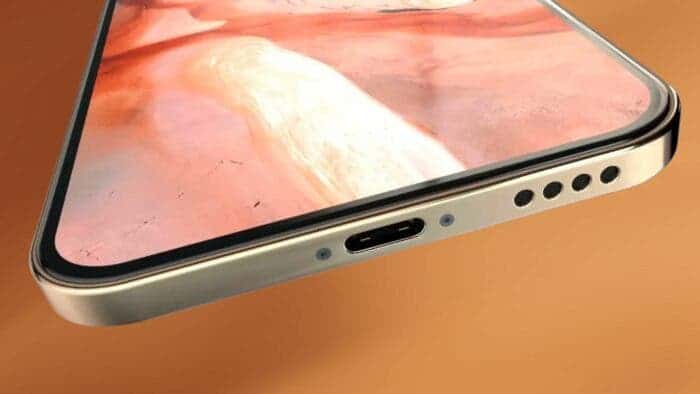Choosing the right charging port for the upcoming iPhone 15 series is a significant challenge for Apple, which plans to release the flagship model in September. The company must replace its traditional Lightning port with a USB-C port to comply with European Union regulations. It will be the first time an iPhone will feature this charging port. Recent reports suggest that Apple initially considered releasing an iPhone 15 with a Lightning port before ultimately choosing USB-C.
The development process for the iPhone 15 is a complicated task that requires extensive preparation. Like previous iPhone releases, Apple began developing the next model well in advance. The decision to use USB-C was not finalized until March. However, the prototype models for the iPhone 15 were ready in January 2022.
USB C is Finalized for iPhone 15?
According to a researcher with URedditor handle on Twitter, Apple planned on a new version of the lighting port, but later on, they let it go.
Some details about USB-C on the iPhone 15:
It was in testing as far back as January 2022, and pretty much all designs since March 2022 have had the USB-C port instead of lightning.
There was a version with a lightning port very early on, but it was quickly scrapped.
— Unknownz21 🌈 (@URedditor) April 18, 2023
The European Union’s regulations have forced Apple to abandon the Lightning port for the iPhone 15. It is not entirely surprising for Apple followers. For years, Apple has used the USB-C port in its other products. But they continued to use the Lightning port for iPhones and AirPods. This led to criticism and frustration among users over having to use different chargers for different devices, as well as the Lightning port’s slow charging speed.
However, Apple’s reluctance to depend on external solutions suggests that the USB-C port may only be a temporary solution. The company is investing in MagSafe, a wireless charging technology that could replace wired charging altogether. If Apple can enable data transfer using MagSafe, USB-C may become a thing of the past.





